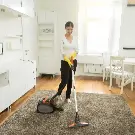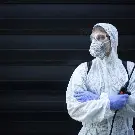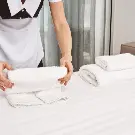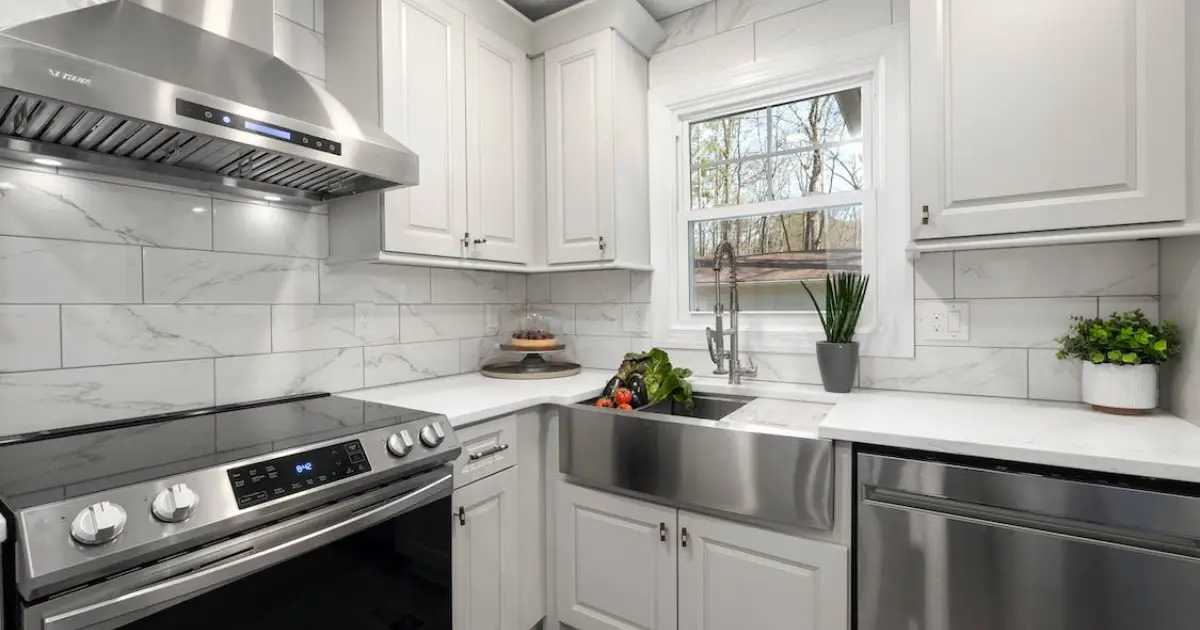
The kitchen is often considered the heart of a home, where delectable dishes are born, family gatherings happen, and cherished memories are created.
A range hood is a necessary kitchen appliance that improves air quality and protects your home from grease, smoke, and other pollutants. Range hoods are mounted above the stovetop and use a fan to extract contaminated air for filtering or outdoor exhaust.
Benefits to having a range hood in your kitchen
- Improved air quality: Range hoods remove odors, smoke, grease, and other pollutants from the air, making your kitchen more comfortable and healthy to cook in. This is especially important for people with allergies or asthma.
- Reduced risk of fire: Grease can build up on the inside of your range hood and on kitchen surfaces, which can pose a fire hazard. Range hoods help to reduce this risk by removing grease from the air before it has a chance to settle.
- Prolonged life of cabinets and countertops: Grease and moisture can damage cabinets and countertops over time. Range hoods help to protect your surfaces by removing these substances from the air.
- Increased home value: A range hood is a valuable addition to any kitchen, and it can increase the value of your home when you sell.
Why Should You Prioritize Range Hood Cleaning?
So, you might be wondering, "How often should you clean your range hood, and why is it even essential?"
1. The Frequency Quandary
Your dependable range hood is used every day just like the appliances in your kitchen. It will inevitably gather its fair share of dirt as it obediently absorbs airborne grease, smoke, and food odors. The recommended cleaning frequency varies, but a general rule of thumb is at least once every three to six months. However, if you're a prolific home chef, it might need more frequent attention. For more on kitchen maintenance, read about Cleaning Your Kitchen Efficiently and Effectively .
2. The Air Quality Factor
A dirty range hood can significantly affect the air quality in your kitchen and even throughout your home. The airborne grease particles and odors that linger can make your kitchen feel stuffy and less inviting. Clean air, on the other hand, makes your culinary adventures more enjoyable and keeps the rest of your living space fresh. . Discover more kitchen cleaning tips in our guide on Tips for Kitchen Cleaning .
The Domino Effect
You may not realize it, but a greasy range hood can set off a chain reaction of issues in your kitchen. Think of it as the first domino in a sequence of kitchen mishaps.
- Grease buildup can clog exhaust fans and ducts.
- Reduced range hood efficiency leads to ineffective smoke and odor removal.
- A less efficient range hood can result in lingering scents and smoky residue, making your cooking experience less enjoyable.
- Accumulated grease in the range hood poses a fire hazard.
- Grease is highly flammable, increasing the risk of a kitchen fire.
- A grease fire could, in the worst case, endanger your home and kitchen.
- Neglecting range hood maintenance can lead to costly repairs.
- It may even necessitate the premature replacement of your range hood.
- Regular cleaning now can save you from the financial burden of significant repairs or replacements in the future.For a deep dive into keeping your kitchen pristine, explore our article on Sparkling Kitchen Steps
A Comprehensive Guide to Range Hood Cleaning
The Essentials
- Protective Gear: Latex gloves and safety goggles
- Cleaning Agents: Degreasing options like dish soap, vinegar, or commercial kitchen cleaners
- Microfiber Cloths: Ideal for lint-free surface wiping
- Scrubbing Brushes
- Baking Soda: is an effective natural cleaner for tough grease spots.
- Warm Water: hot, soapy water for dissolving grease and grime.
- Screwdriver: Handy for removing filters or accessing other components.
- Trash bags: Use them for disposing of dirty filters and other waste.
Step-by-Step Cleaning Process
Cleaning your range hood is a step-by-step process that ensures a thorough and effective cleaning.
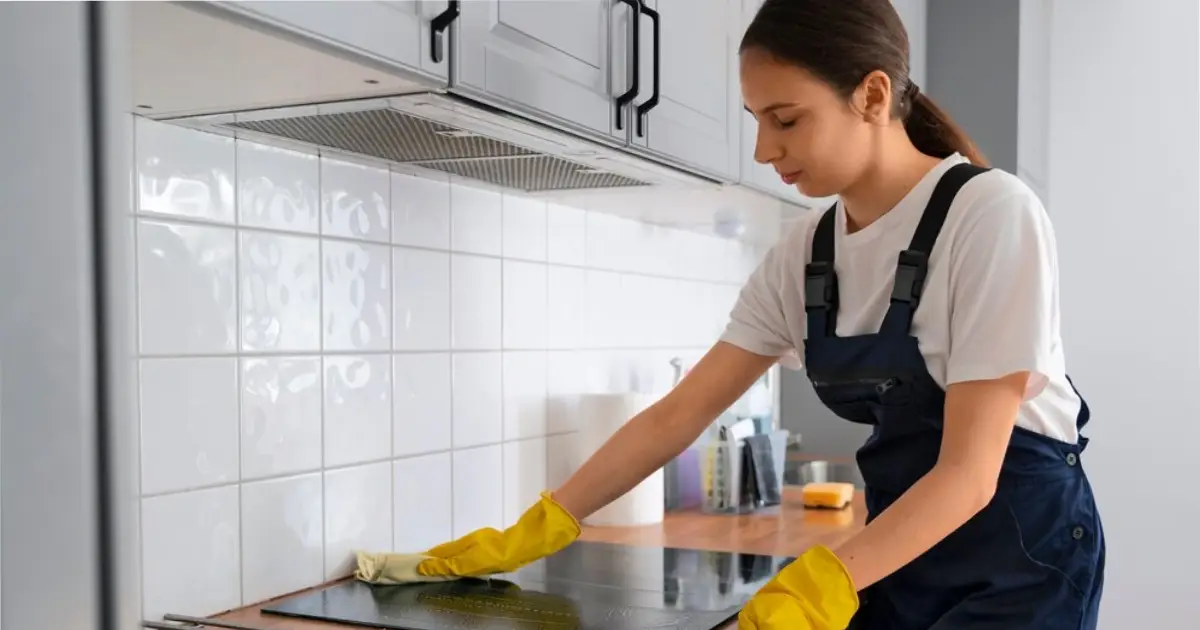
1. Surface Cleaning
Tackling Obvious Dust and Debris: Begin by wiping away the visible dust and debris on the surface of your range hood. Dust can accumulate and mix with grease, making it harder to remove if left unattended.
The Best Tools and Methods for Effective Dusting: Use microfiber cloths or a dusting brush to remove loose particles. They are gentle on surfaces and prevent scratching.
2. Filter Detox
How to Safely Remove and Soak Filters: Remove the filters from your range hood and soak them in a solution of warm water and a degreasing agent. This helps to loosen the grease and grime.
Tips for Thorough Scrubbing and Potential Replacement: After soaking, scrub the filters gently with a brush to remove the remaining grease. If they are too greasy or damaged, consider a replacement for optimal performance.
3. Exterior Wipe-Down
Making the range hood shine from the outside.
Using Appropriate Cleaning Agents: Select a suitable kitchen cleaner or a mixture of dish soap and water to clean the exterior. This ensures a streak-free finish and a shiny appearance.
Tips and Tricks to Handle Stubborn Grease Spots: For tough grease spots, create a paste with baking soda and water. Apply it to the spots, let it sit for a few minutes, and then scrub gently.
4. Interior Cleanse
Dealing with the hidden grease.
Techniques and Mixtures for Efficient Cleaning: Clean the interior surfaces using warm, soapy water or a kitchen cleaner. Pay attention to areas where grease tends to accumulate, such as around the fan and vent.
Baking Soda Magic: For stubborn grease spots, baking soda comes to the rescue. Create a paste with baking soda and water, apply it to the spots, and scrub for a deeper clean.
If you are comfortable cleaning your range hood, you can also inspect the vent for any signs of damage or blockage. However, if you notice any problems, or if you are unsure how to clean the vent yourself, it is best to call a professional.
DIY vs Professional Help
Here are some signs that you may need to call a professional to clean your range hood vent:
- The airflow from the range hood is weak or nonexistent.
- There is a build-up of grease and grime on the inside of the vent.
- The vent is damaged or blocked.
- You notice a strange odor coming from the range hood.
A Grease-Free Range Hood is a Happy Range Hood
Routine cleaning is essential for keeping your range hood in good condition and preventing the build-up of grease and grime. It is recommended to clean your range hood filters once a month and the entire range hood every three to six months. If you are unsure how to clean your range hood, or if you have any concerns about the condition of your range hood vent, it is best to call a professional. A professional can provide comprehensive range hood maintenance and cleaning services to ensure that your range hood is working properly and safely. For further insights on organizing and maintaining a small kitchen, including range hood care, read 5 Daily Tips to Organise a Small Kitchen.
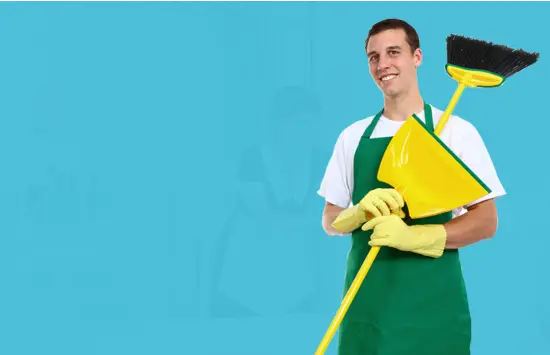
Professional Cleaning Services in Sunshine Coast
book now
Recent Posts
-
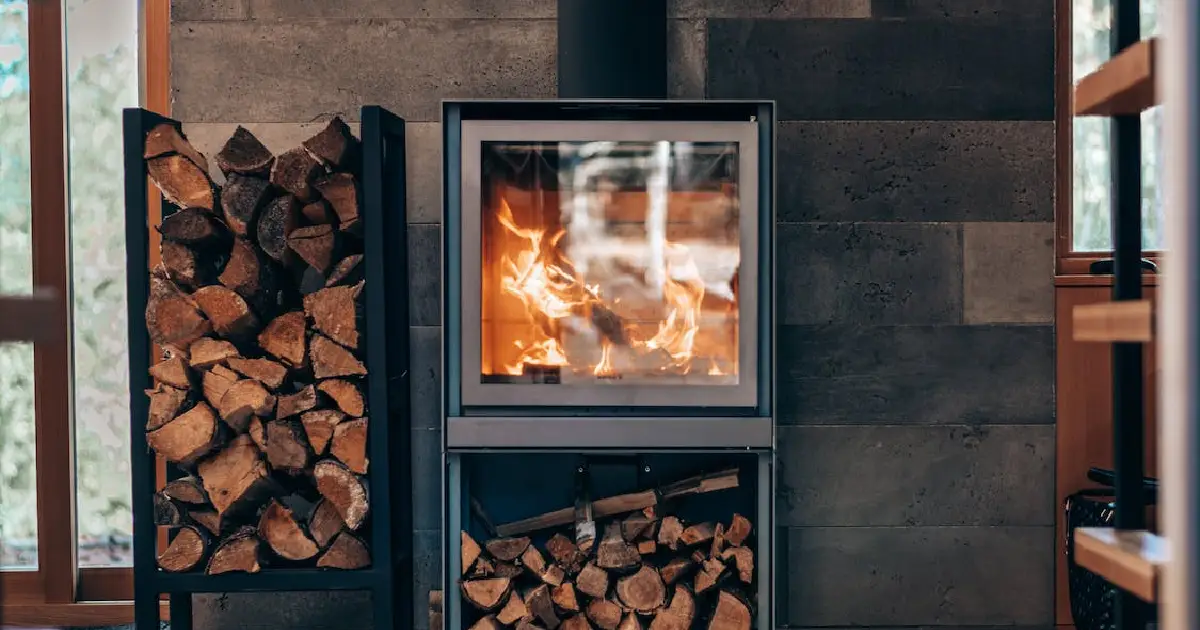
How to Get Smoke Smell Out of Carpet: Your Ultimate Guide to Freshness
October 31, 2023
Admin
-
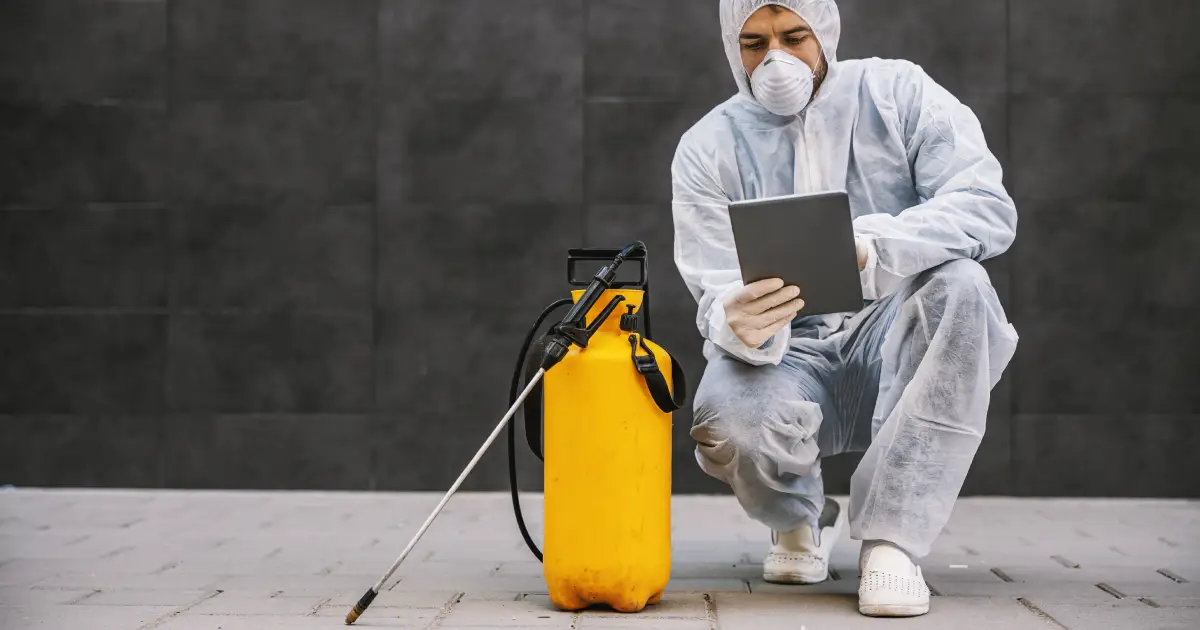
Winter Pest Control Strategies: Balancing Effectiveness and Safety
July 31, 2023
Admin
-
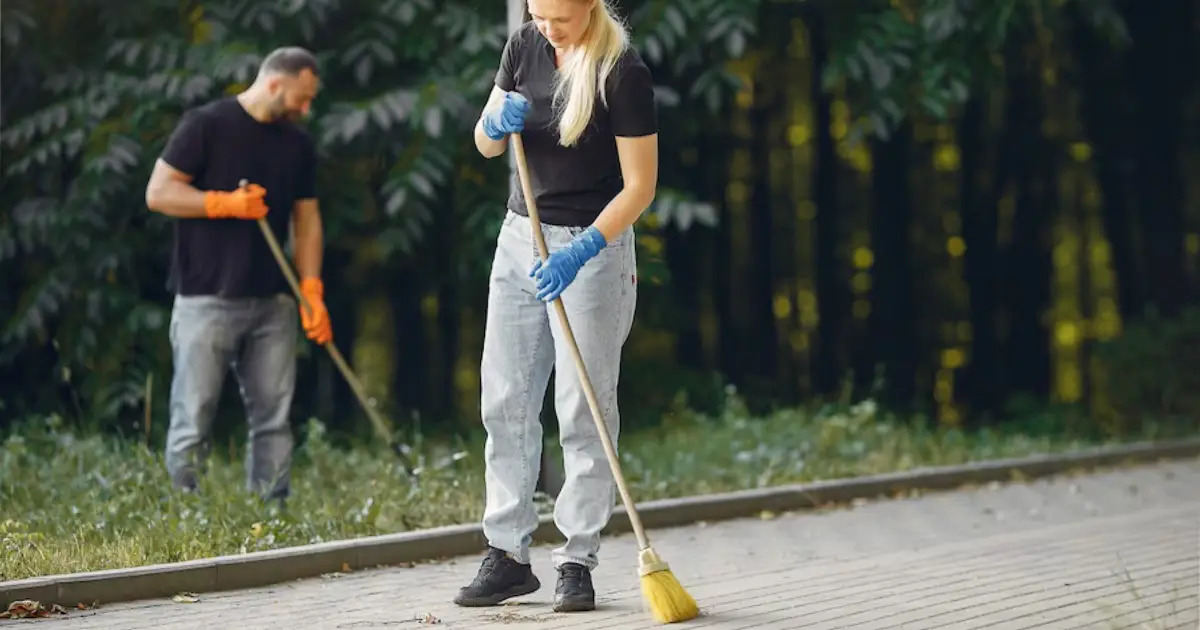
Make Your Backyard Effortlessly Clean, Organized, and Beautiful
July 07, 2023
Admin
-
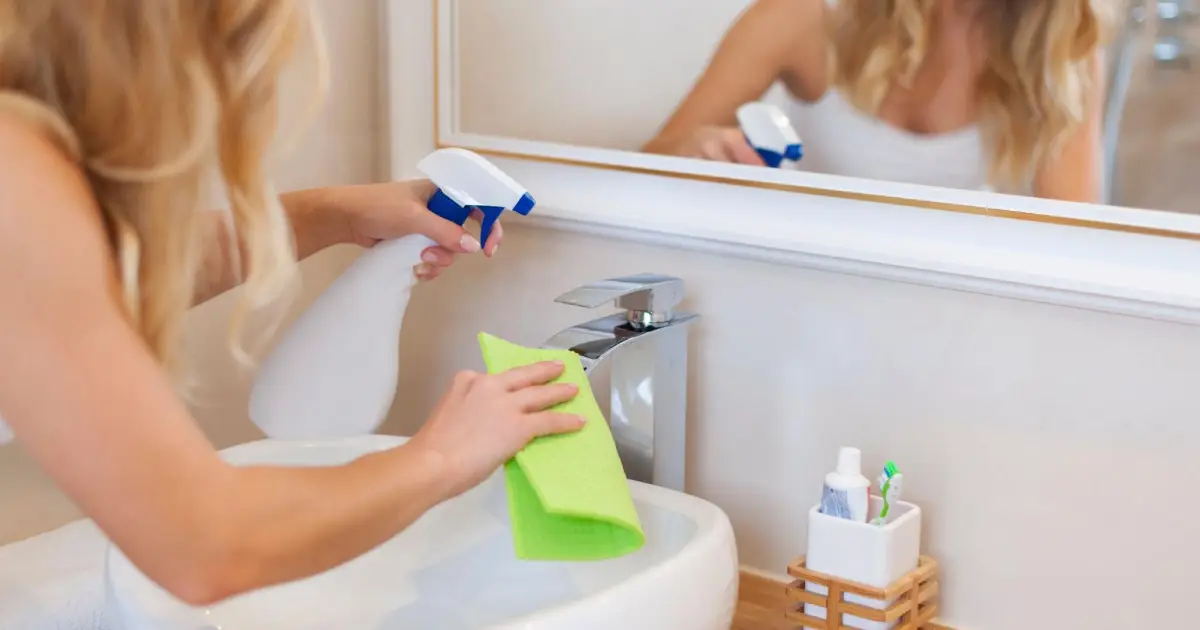
How To Clean Your Bathroom In 15 Minutes Or Less
April 06, 2023
Admin
-

7 Cleaning Solutions for a Chemical-Free Home
February 16, 2023
Admin
-
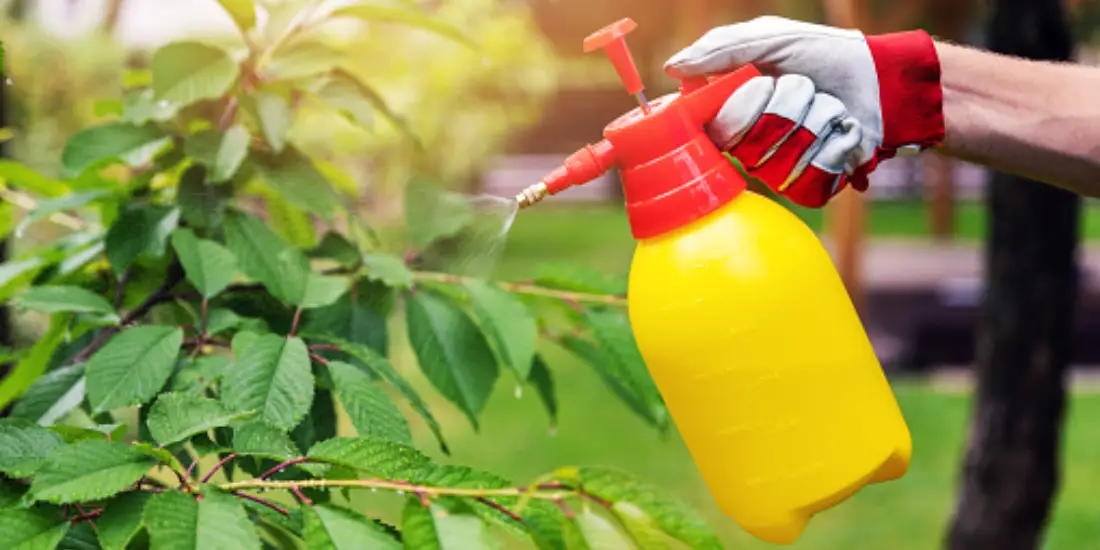
5 Surprising Ways to Keep Bugs Out of Your Garden
February 16, 2023
Admin
-
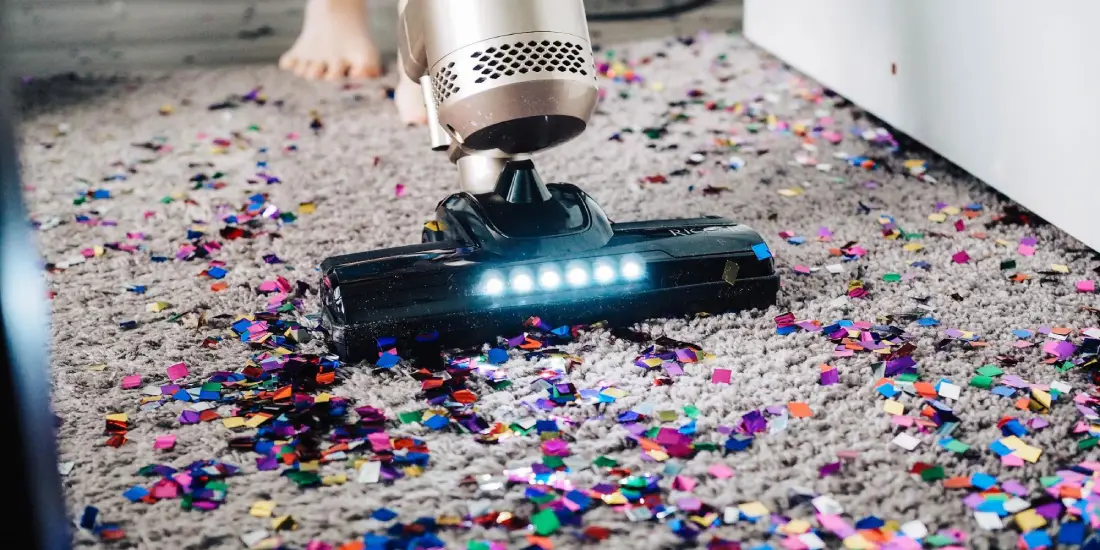
5 Cost-Effective Carpet Cleaning Solutions for a Deep Clean on a Budget
February 07, 2023
Admin
-
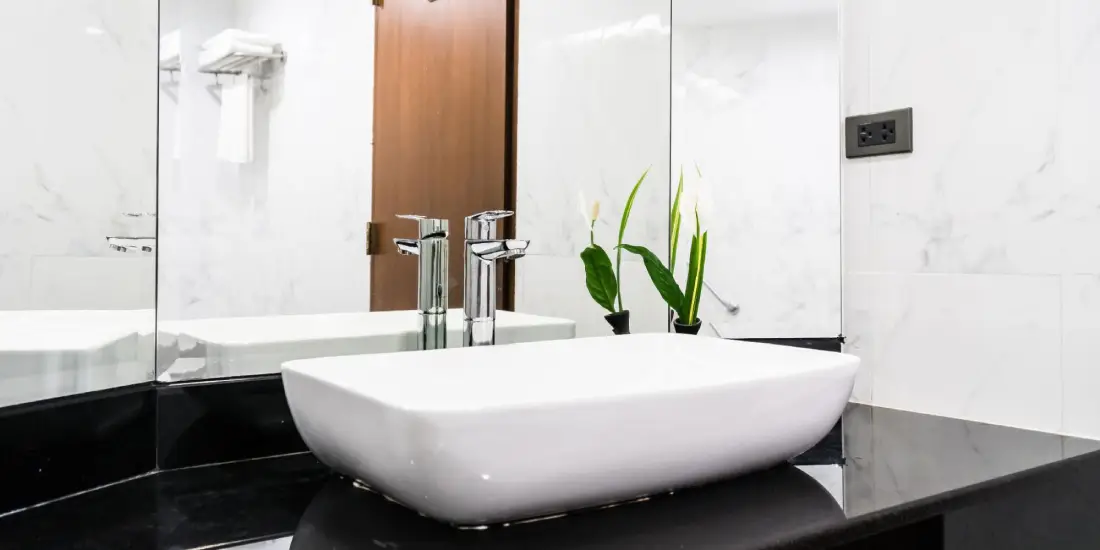
Clean A Washbasin In 5 Easy Steps
January 18, 2023
Admin
-
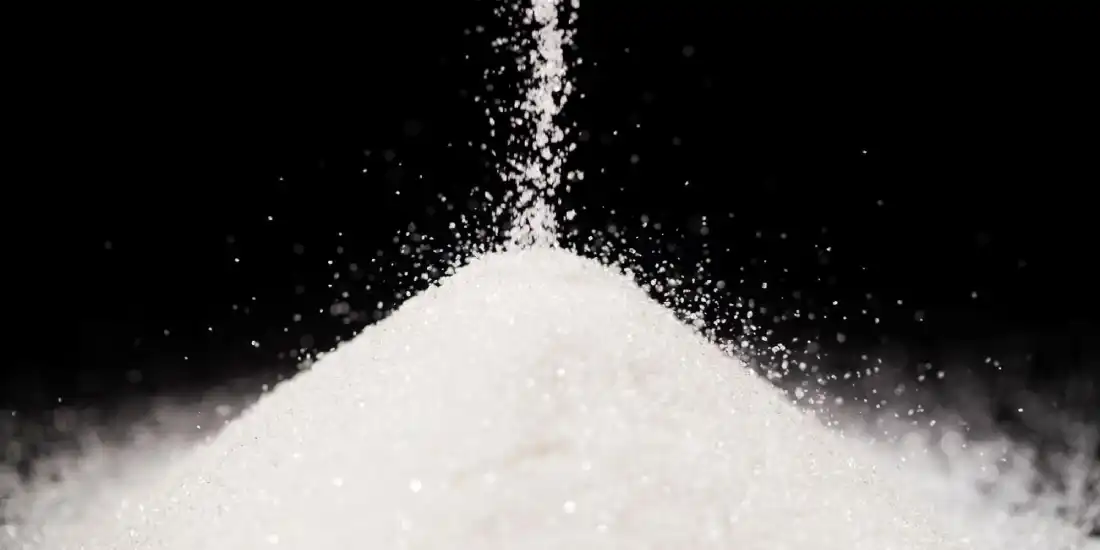
5 Cleaning Hacks With Borax
January 02, 2023
Admin
-

5 Tips To Buy A Pet Vacuum Cleaner
December 14, 2022
Admin
-

5 Fail-Safe Home Methods To Clean Carpets
December 05, 2022
Admin
-

5 Simple Tips To Deodorise Your Bedroom
July 15, 2022
Admin


